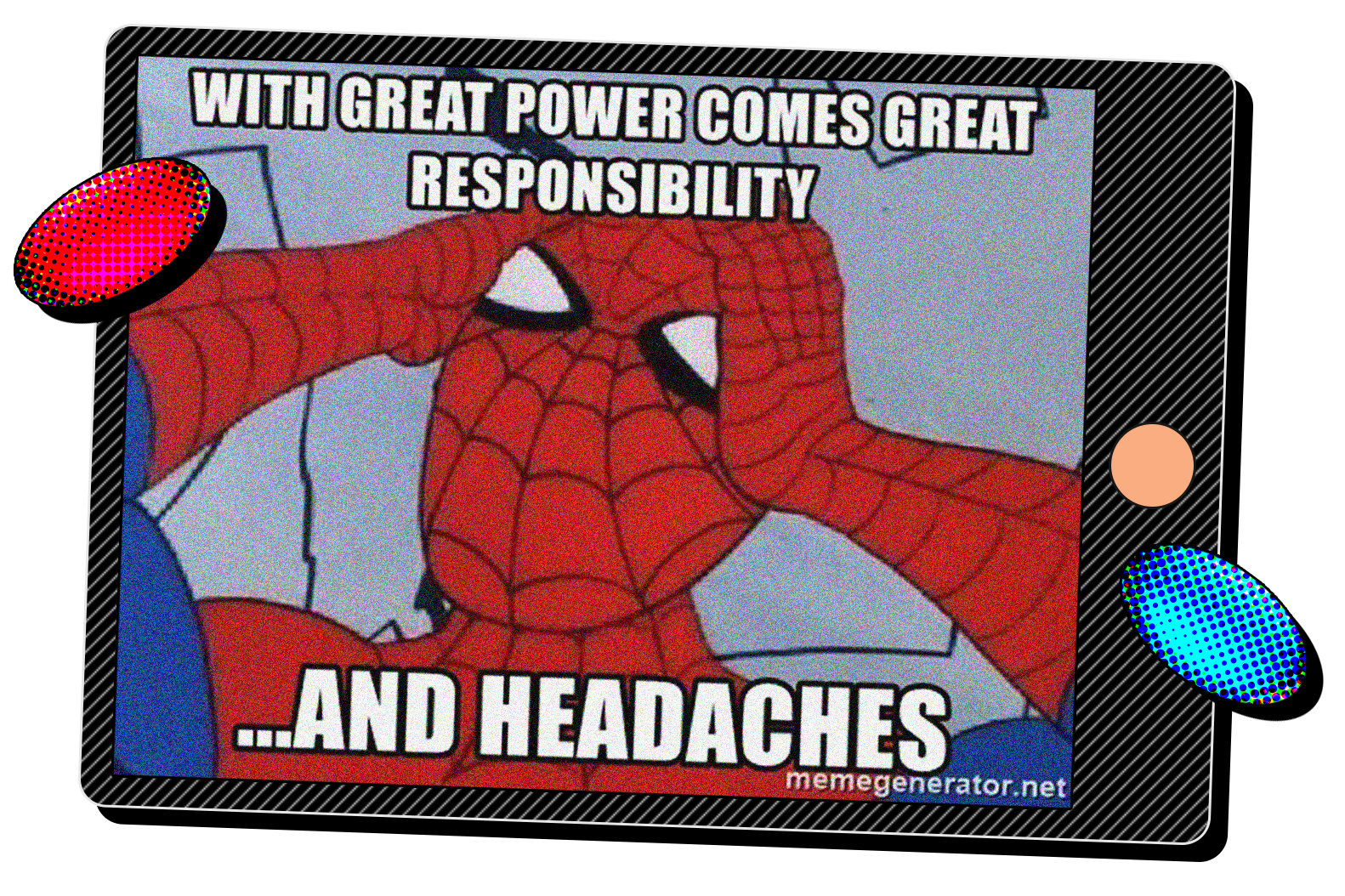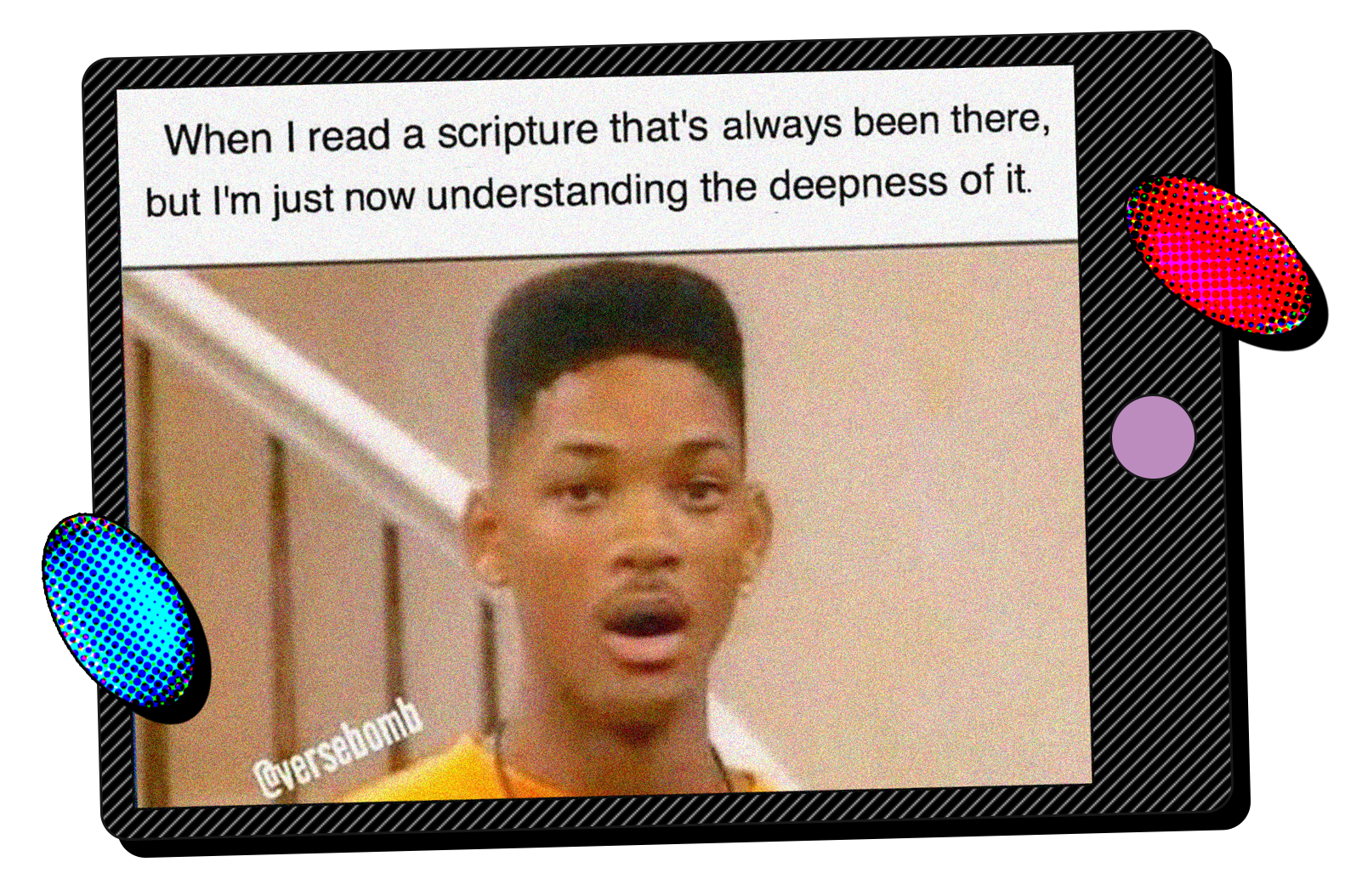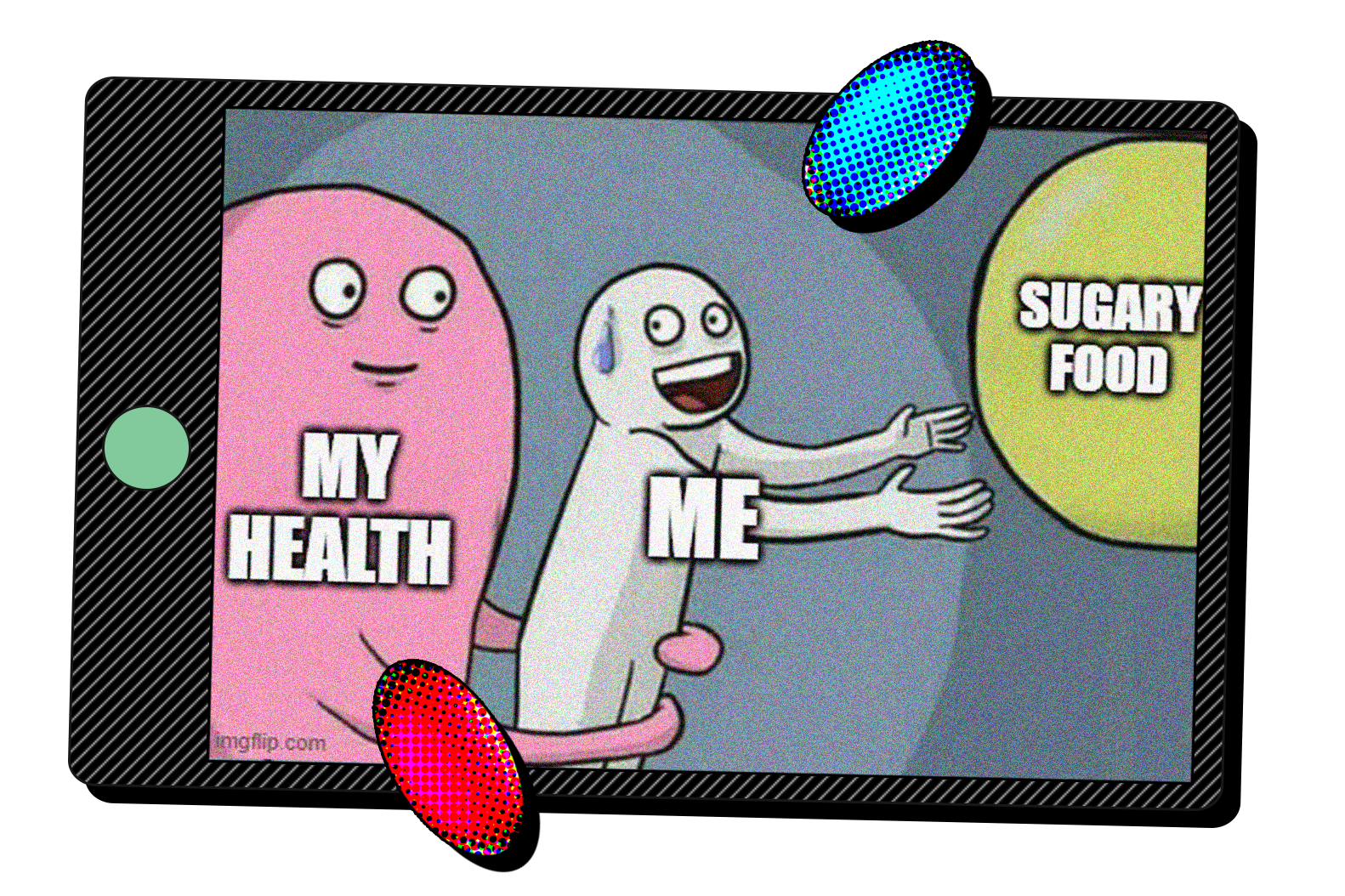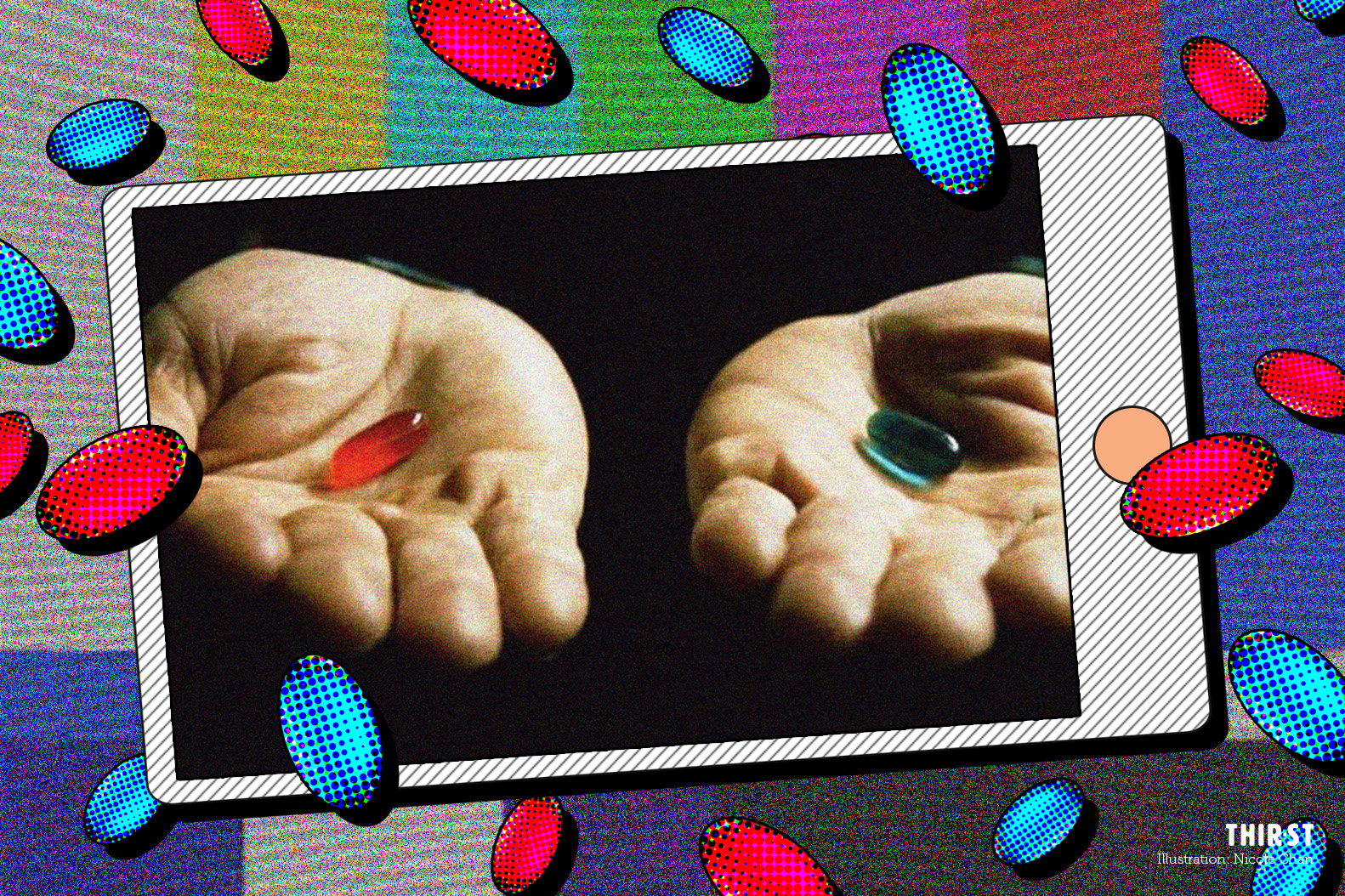Once upon a time, I lived in a world where most of the stuff I watched or listened to was curated for me.
The only sermons I had access to were my pastor’s, most of my music was chosen for me by radio DJs and most of the shows I watched were either on TV or what was currently showing in the cinemas.
Today, I have instant access to a mind-boggling array of TV shows, books, movies and music on multiple streaming and digital platforms.
As an adult, I don’t have to listen to what older people say I can or cannot watch. I am now my own media curator.
Nevertheless, a wise uncle once said: “With great power comes great responsibility.”

With all this content at our fingertips, are there any guiding principles that can help us curate what we watch?
After all, an even wiser man once said: “All things are permitted, but not all things are of benefit…” (1 Corinthians 10:23, NASB)
CHOOSE YOUR MEDIA LIKE YOU’D CHOOSE YOUR FOOD
The Word of God is often likened to something that is consumed, like food (1 Peter 2:2, 1 Timothy 4:6, Matthew 4:4).
It is the gold standard: pure “food” that nourishes our spirits.
So what about other media?
First off, as Christians, everything we consume is technically “clean”. We cannot earn our salvation by not consuming this or that.
The Bible makes it clear that what we say (or do) is more important than what we consume (Mark 7:18-23).
In the eyes of God, a person who listens to worship songs every day but is a gossip is worse than a person who listens to death metal but loves the poor. Let’s not be media-Pharisees.

Still, “not all things are of benefit”.
- Fun fact #1: Did you know that during the late 19th century, cocaine was considered a “wonder drug” and could be easily purchased without a prescription?
- Fun fact #2: Did you also know that beloved Christian author C.S. Lewis was a heavy smoker who started smoking at the age of 12?
I’m sure there were many God-fearing Christians who popped a cocaine tablet back in the day, just as no one can doubt the sincerity of Lewis’ faith even as he probably smoked like a chimney while writing The Chronicles of Narnia.
Thankfully, we now know through modern science that cocaine and tobacco are very bad for our health.
Likewise, research is now starting to affirm many of the negative effects of consuming pornography.
I clearly remember one of my social science professors proudly telling my class that watching porn was good for you (this was back in 2006).
With advancements in brain imaging technology and a better understanding of the role neurotransmitters play in shaping our behaviour, the dangers of watching pornography are clearer than ever (you can find out more here and here.)
Okay. Bible good. Porn bad. But what about everything in between?
Take Squid Game for example: While the show is violent, I never found it to be gratuitous. The show has a lot to say about social justice and the numbing power of money as well (hello, writer of Ecclesiastes).
In keeping with our food analogy, nutritionists tell us that the bulk of our diet should consist of whole foods.
Generally, what differentiates whole foods from “junk foods” is how heavily processed they are. Processed foods are so appealing and unhealthy because they are designed to overwhelm our taste buds with excessive sugar, salt or saturated fat.
In a similar sense, “junk” media aims to overwhelm our senses by any means necessary, without giving us much “nutrition” in return.
As our attention spans become shorter (we now officially have shorter attention spans than goldfish), media and marketing companies find that they need to cram more sex, more violence and more controversy into their products to hold our attention.
On the other hand, there’s “whole” media that requires more effort on our part to process. It forces us to pay close attention to things like context, themes, references and meta-narratives.

Then there’s our gold standard, the Bible.
The books of Kings, Chronicles, Song of Songs and many of the prophetic books contain enough sex and violence to rival that of Game of Thrones.
Just a note here: I’ve read the books, but didn’t watch the series because I know that I am vulnerable to gratuitous nudity (even so, I still found a lot of the sex and nudity in the book unnecessary!).
But back to the Bible: There is nothing more controversial or scandalous in all of history than the Cross (1 Corinthians 1:18).
Yet, even from a non-Christian perspective, the Bible can hardly be called “junk food” because the sex, violence and controversy isn’t served up in a way that’s gratuitous. They are all there to serve the overarching narrative.
A narrative that is both so simple that a child could understand, and yet so profound that one lifetime isn’t enough to unpack everything it has to say.
It is a story that is both beautiful and true.
STRIVE TO FIND WHAT’S TRULY BEAUTIFUL
Perhaps it’s time to move away from a position on media consumption that is focused on what we can or cannot consume (with the exception of things like drugs and pornography) towards a more holistic model.
St. Augustine famously called this seeking of the good and the beautiful in places other than the Bible “plundering the Egyptians”.
Just as God commissioned and redeemed the gold and silver that the Israelites plundered from Egypt to build the Tabernacle (Exodus 3:21-22, 12:35-36, 35:4-28), so too can we find nuggets of beauty and and truth in secular media and redeem it for God.
He didn’t have to, but God created us to be drawn to beauty. He made the Garden of Eden beautiful (Genesis 2:9). The beauty of a woman is to be celebrated (Song of Songs, basically). He made music beautiful (The Psalms, too, basically). He made the Universe beautiful (Psalm 19:1).
Since God is the source of all beauty and truth, all things that are beautiful and true can draw us closer to Him.
Conversely, sin pulls us away from God by impairing our ability to appreciate what is truly beautiful and true in the world.
Therefore, as Christians who are filled with the Holy Spirit, and whose eyes are supposed to be healthy (Matthew 6:22), shouldn’t we be the best at discerning what’s good in movies, music, books, video games and all other forms of art?
If we can learn how to purposefully engage with what we consume and discern what’s beautiful and true within, then maybe we can then help others catch a glimpse of God Himself too.
- What are you reading/playing/watching at the moment?
- What’s good about it? And what’s not so good?
- Based on the article, what is one practical thing you can do to foster better media consumption habits?









